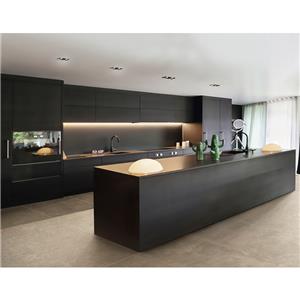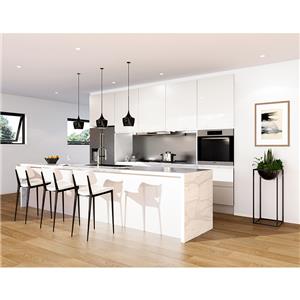20 Kitchen Trends That Designers Say Will Make You Rethink How You Design Cooking Spaces
20 Kitchen Trends That Designers Say Will Make You Rethink How You Design Cooking Spaces
Introduction
In the ever-evolving world of interior design, kitchens are no longer just functional spaces; they have become the heart of the home—places for gathering, entertaining, and expressing personal style. As we move through the years, kitchen design trends continue to shift, offering fresh perspectives on aesthetics, functionality, and sustainability. In this comprehensive guide, we'll explore 20 cutting-edge kitchen trends that are shaping the way designers approach these beloved spaces. From sustainable materials to technology integration, these trends will inspire you to rethink your cooking area's design, ensuring it not only meets your practical needs but also reflects your unique taste and lifestyle.
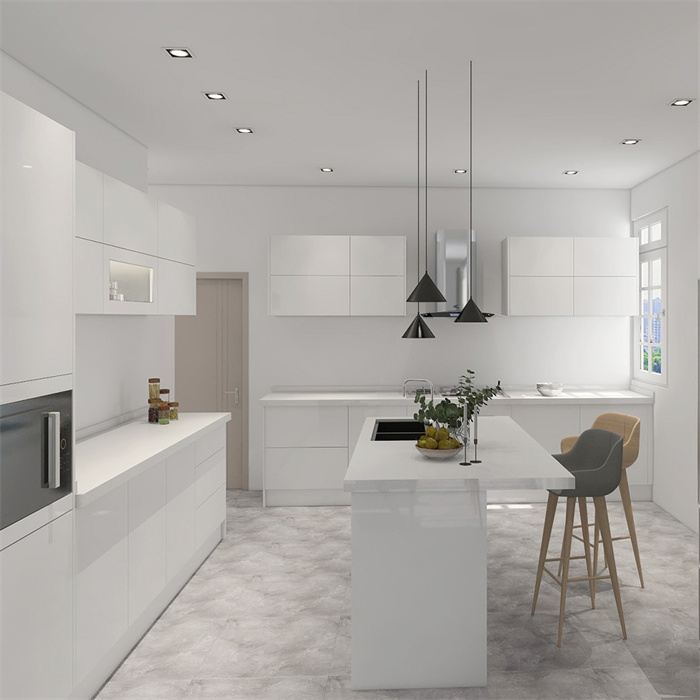
Trend #1: Sustainable and Eco-Friendly Materials
Embracing the Green Revolution
Designers are increasingly prioritizing eco-friendly materials in kitchen design. From reclaimed woods to recycled glass countertops, sustainable options not only reduce environmental impact but also add a touch of uniqueness and character to your space. These materials are not only kinder to the planet but also offer a story that connects the kitchen to the broader narrative of conservation and responsible living.
Trend #2: Multifunctional Islands
Beyond Just Prep Space
Kitchen islands have evolved from mere preparation stations to multifunctional hubs that cater to diverse needs. With integrated dining, storage, and sometimes even entertainment systems, these islands have become the epicenter of family activities and social gatherings. Designers are incorporating innovative features like built-in wine coolers, hidden pull-out desks, and adjustable shelving to make the most of every inch.
Trend #3: Smart Technology Integration
The Kitchen of the Future
As smart homes gain popularity, kitchen design has embraced technology like never before. From voice-activated appliances to app-controlled ovens and refrigerators that can order groceries, the kitchen of today is smarter, more efficient, and more connected. Designers are integrating these technologies seamlessly into the aesthetic, ensuring that convenience doesn't come at the cost of style.
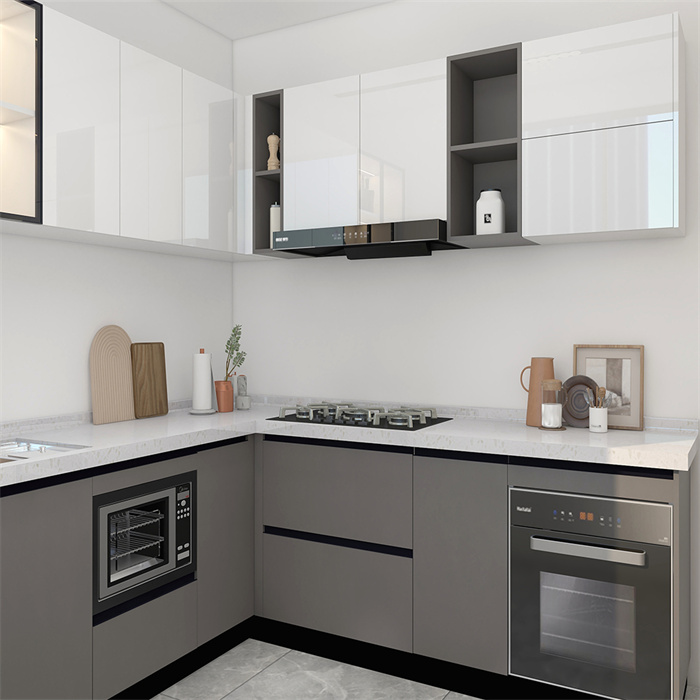
Trend #4: Biophilic Design Elements
Bringing Nature Inside
Inspired by the human instinct to seek connections with nature, biophilic design incorporates elements from the natural world into the kitchen. Think indoor herb gardens, large windows that frame scenic views, and materials that mimic organic textures. This trend not only enhances the visual appeal of the space but also promotes mental well-being and a sense of calm.
Trend #5: Monochromatic Minimalism
Simplifying the Palette
Contrary to popular belief, minimalism does not mean boring. Monochromatic kitchens, featuring shades of a single color, are gaining traction for their clean lines and serene atmosphere. By choosing different textures and tones within the same color family, designers create depth and interest without overwhelming the space.
Expanded Sections
Trend #1: Sustainable and Eco-Friendly Materials
The Rise of Recycled Materials
One of the most significant shifts in kitchen design is the increasing use of recycled materials. Countertops made from recycled glass or plastic not only offer a unique aesthetic but also contribute to waste reduction. Reclaimed wood, sourced from old buildings or salvaged trees, adds a historical charm to cabinetry and flooring while minimizing deforestation.
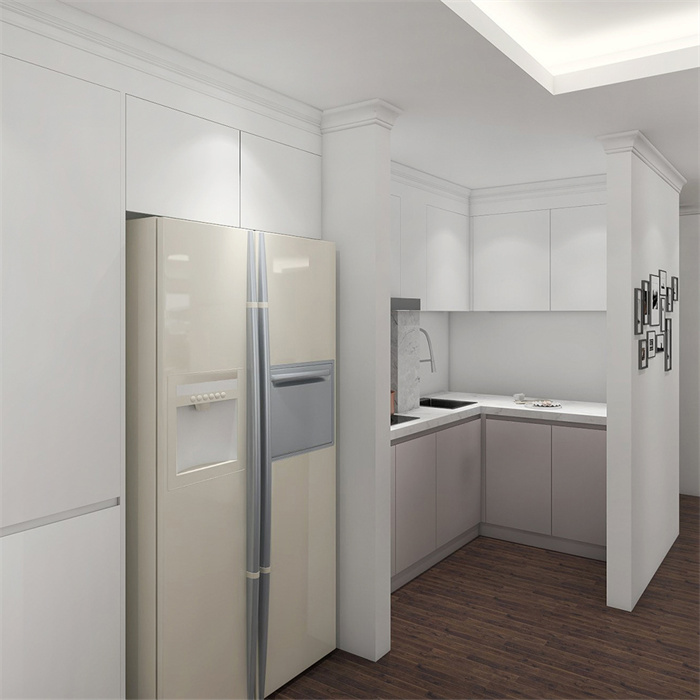
Green Stone Surfaces
Natural stones like quartz and granite have long been staples in kitchen design, but the extraction process can be environmentally taxing. Newer alternatives, such as engineered stone, combine natural quartz particles with resin, resulting in a durable material that requires less energy to produce and can be recycled at the end of its life.
Trend #2: Multifunctional Islands
Designing for Versatility
Gone are the days when the kitchen island was solely a place for chopping vegetables. Today's islands are designed with versatility in mind. Integrated seating areas allow for informal dining, while additional drawers and cabinets provide much-needed storage. Some islands even feature integrated cooktops or sinks, turning them into the ultimate culinary workspace.
The Entertainment Island
For those who love to entertain, the kitchen island can double as a bar or a buffet station. Built-in beverage coolers, ice makers, and even small dishwashers can be incorporated into the design, making hosting a breeze. The key is to plan ahead and consider the flow of traffic around the island to ensure it remains accessible during gatherings.
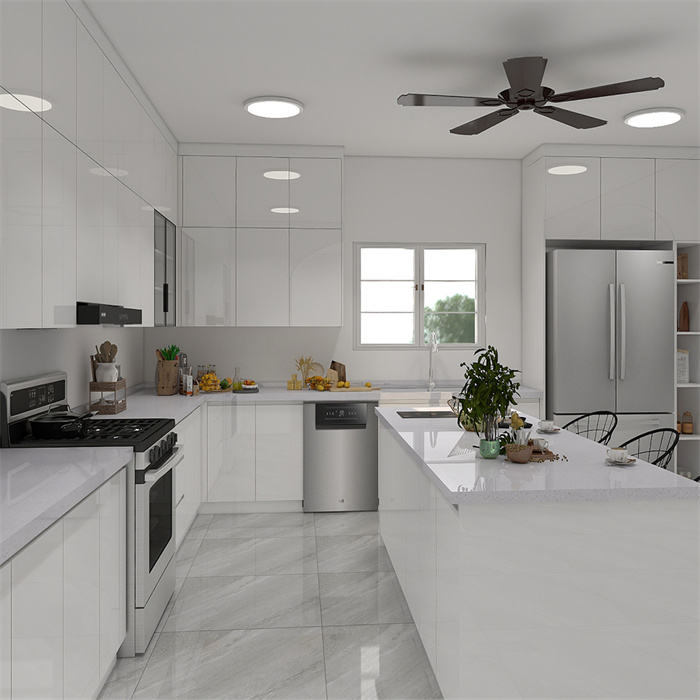
Trend #3: Smart Technology Integration
The Connected Kitchen
Advancements in technology have led to the development of smart appliances that can be controlled remotely using smartphones or voice commands. Smart refrigerators can keep track of inventory and suggest recipes based on available ingredients. Ovens can be preheated from the office, and dishwashers can be programmed to run during off-peak hours to save energy.
Designing for Tech
Integrating technology into kitchen design requires careful planning. Designers must consider the placement of outlets and data points to ensure that devices can be charged and connected without cluttering the space. Wireless charging pads and hidden USB ports are becoming standard features in modern kitchen designs.
Trend #4: Biophilic Design Elements
Nature-Inspired Finishes
Biophilic design in kitchens can be achieved through the use of natural materials and finishes. Wood grain, stone textures, and earthy colors create a soothing environment that feels connected to the outdoors. Designers are also incorporating live plants, which not only add a touch of greenery but also improve air quality.
Maximizing Natural Light
Large windows and skylights are essential components of biophilic design. They not only bring in natural light but also connect the kitchen to the surrounding landscape. Designers are placing windows strategically to capture views and maximize daylight, reducing the need for artificial lighting during the day.
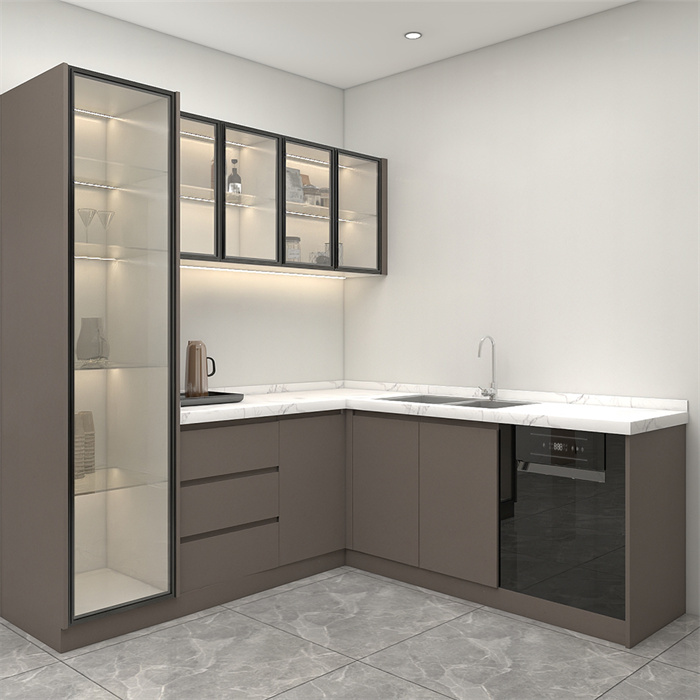
Trend #5: Monochromatic Minimalism
Playing with Texture
Monochromatic kitchens can be brought to life with the use of varied textures. Mixing matte and glossy finishes, smooth and rough surfaces, and warm and cool tones can create a dynamic space without breaking the color scheme. Designers often incorporate metallic accents or natural materials like wood or stone to add depth.
The Power of Detail
In a monochromatic kitchen, details matter. Hardware, lighting fixtures, and decorative elements should be carefully chosen to complement the overall design. Sleek, modern fixtures can enhance the minimalist aesthetic, while ornate details might feel out of place. The goal is to maintain a cohesive look while adding subtle touches of personality.



